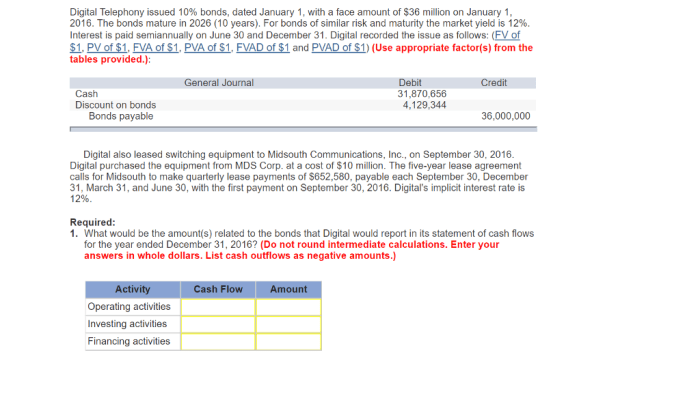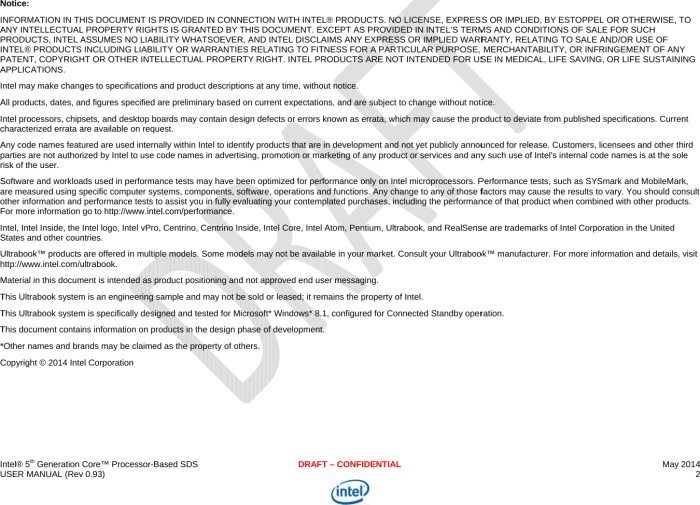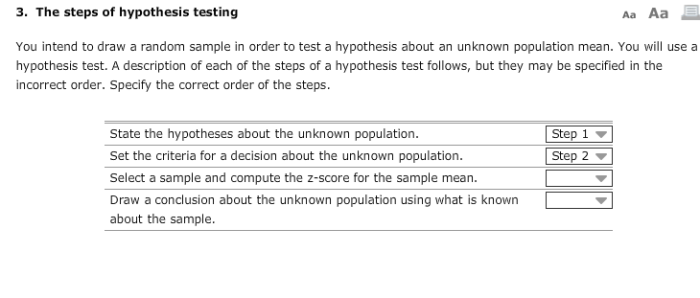Applicants intend to use the leased premises as follows – Applicants’ intended use of leased premises significantly influences lease agreements, legal compliance, and property suitability. Understanding these factors is crucial for both landlords and tenants to ensure a successful and harmonious tenancy.
This article delves into the implications of applicants’ intended use, examining its impact on lease terms, zoning regulations, building codes, and the suitability of the property for the intended purpose. We also explore the responsibilities of landlords and tenants in ensuring legal compliance and maintaining property integrity.
1. Lease Agreement Intent

The applicants’ intended use of the leased premises is of paramount importance in determining the terms and conditions of the lease agreement. It sets the parameters for the permissible use of the property and affects various aspects of the agreement, including rent, lease term, and other provisions.
The intended use impacts the lease agreement by establishing:
- Permitted activities:The agreement will specify the authorized activities that the tenants can engage in on the premises, ensuring that the use is consistent with the landlord’s expectations and the property’s intended purpose.
- Exclusive use:If the tenants intend to have exclusive use of the premises, the lease will typically grant them this right, preventing the landlord from leasing the property to other parties for similar purposes.
- Subletting and assignment:The agreement may include provisions regarding the tenants’ ability to sublet or assign the lease to third parties, which can be influenced by the intended use of the premises.
- Restrictions and limitations:The lease may impose restrictions or limitations on the tenants’ use of the premises, such as prohibiting certain activities or limiting the number of occupants, to ensure the property’s integrity and maintain its intended purpose.
2. Legal Compliance

The intended use of the leased premises must comply with applicable laws, including zoning regulations, building codes, and other relevant statutes. Failure to comply can result in legal penalties, fines, or even eviction.
The landlord has a responsibility to ensure that the property meets all legal requirements and is suitable for the intended use. This includes obtaining necessary permits and inspections, and making any necessary modifications to the property to bring it into compliance.
The tenants are responsible for using the premises in accordance with the law and the terms of the lease agreement. They must obtain any necessary licenses or permits required for their intended use and comply with all applicable regulations.
3. Property Suitability
The suitability of the leased premises for the applicants’ intended use is crucial to ensure a successful tenancy. Factors to consider include:
- Size and layout:The property should be of sufficient size and have an appropriate layout to accommodate the intended use, including any necessary equipment, furniture, or fixtures.
- Condition:The property should be in good condition and meet the requirements of the intended use. This includes factors such as structural integrity, electrical and plumbing systems, and overall cleanliness.
- Location:The location of the property should be suitable for the intended use, considering factors such as accessibility, visibility, and proximity to necessary amenities.
If the property is not suitable for the intended use, the landlord may be required to make modifications or improvements to bring it into compliance. The costs of these modifications can be negotiated between the landlord and the tenants.
4. Business Plan: Applicants Intend To Use The Leased Premises As Follows

The applicants’ business plan should clearly Artikel their intended use of the leased premises and how it aligns with their business objectives. The plan should include:
- Business description:A detailed description of the business, including its products or services, target market, and operating model.
- Financial projections:Projected revenue, expenses, and profitability to demonstrate the feasibility of the business.
- Market analysis:An analysis of the market demand for the business’s products or services and the competitive landscape.
The business plan should be realistic and well-supported by research and data. It should also address any potential risks or challenges associated with the intended use of the leased premises.
5. Impact on Landlord

The intended use of the leased premises can have a significant impact on the landlord. Potential impacts include:
- Noise and disturbance:Certain uses, such as manufacturing or retail, may generate noise or other disturbances that can affect neighboring tenants or the surrounding community.
- Traffic and parking:High-traffic businesses may increase traffic congestion or parking demand in the area, which can impact the landlord’s other tenants or neighbors.
- Environmental concerns:Some uses, such as industrial or chemical processing, may pose environmental risks that the landlord must consider and mitigate.
- Reputation:The landlord’s reputation can be affected by the activities conducted on the leased premises, particularly if they are controversial or generate negative publicity.
The landlord should carefully consider the potential impacts of the intended use and negotiate appropriate lease provisions to protect their interests and minimize any negative consequences.
FAQ Guide
What are some common clauses included in lease agreements to address intended use?
Specific clauses may include restrictions on the type of business, limitations on noise levels, and requirements for obtaining necessary permits or licenses.
How do zoning regulations impact the intended use of leased premises?
Zoning regulations determine the permitted uses of property within a specific area, and violations can result in fines or legal action.
What are the responsibilities of landlords and tenants in ensuring legal compliance?
Landlords are responsible for disclosing any known legal restrictions on the property, while tenants are obligated to comply with all applicable laws and regulations.